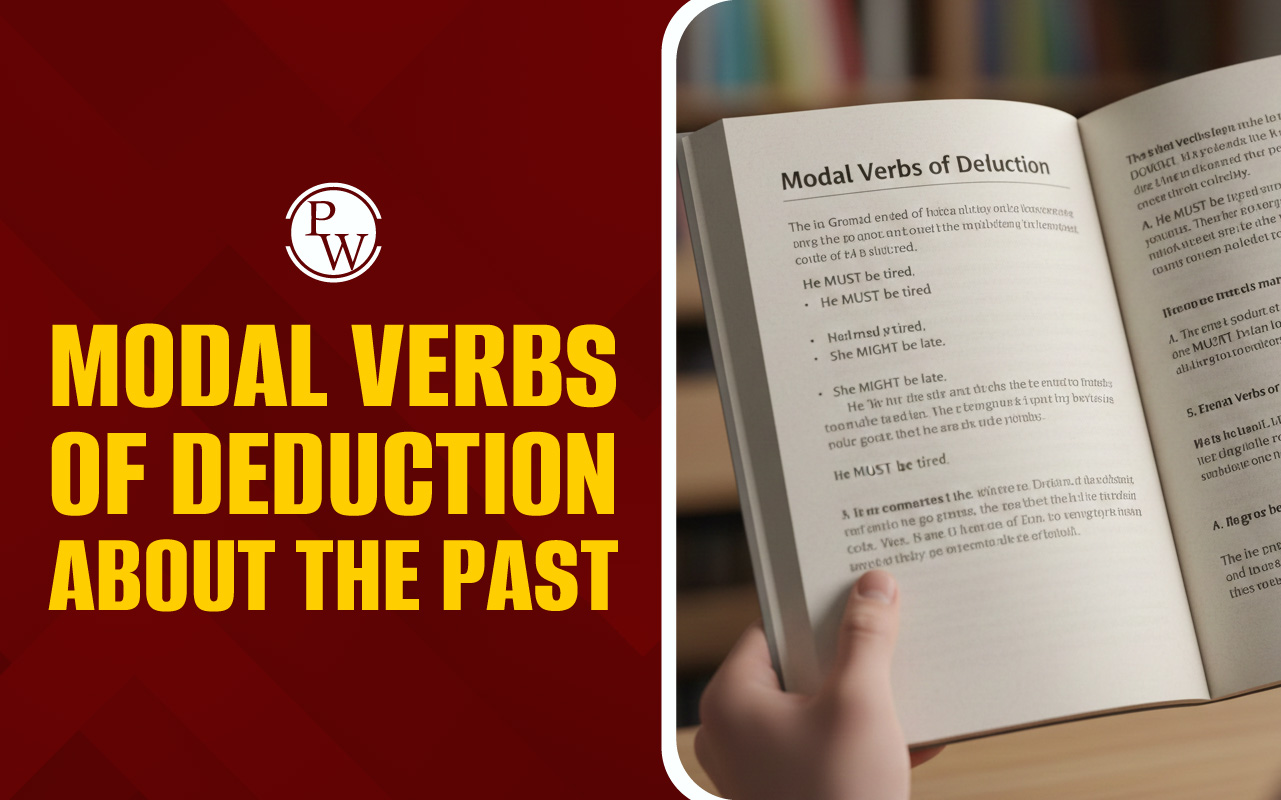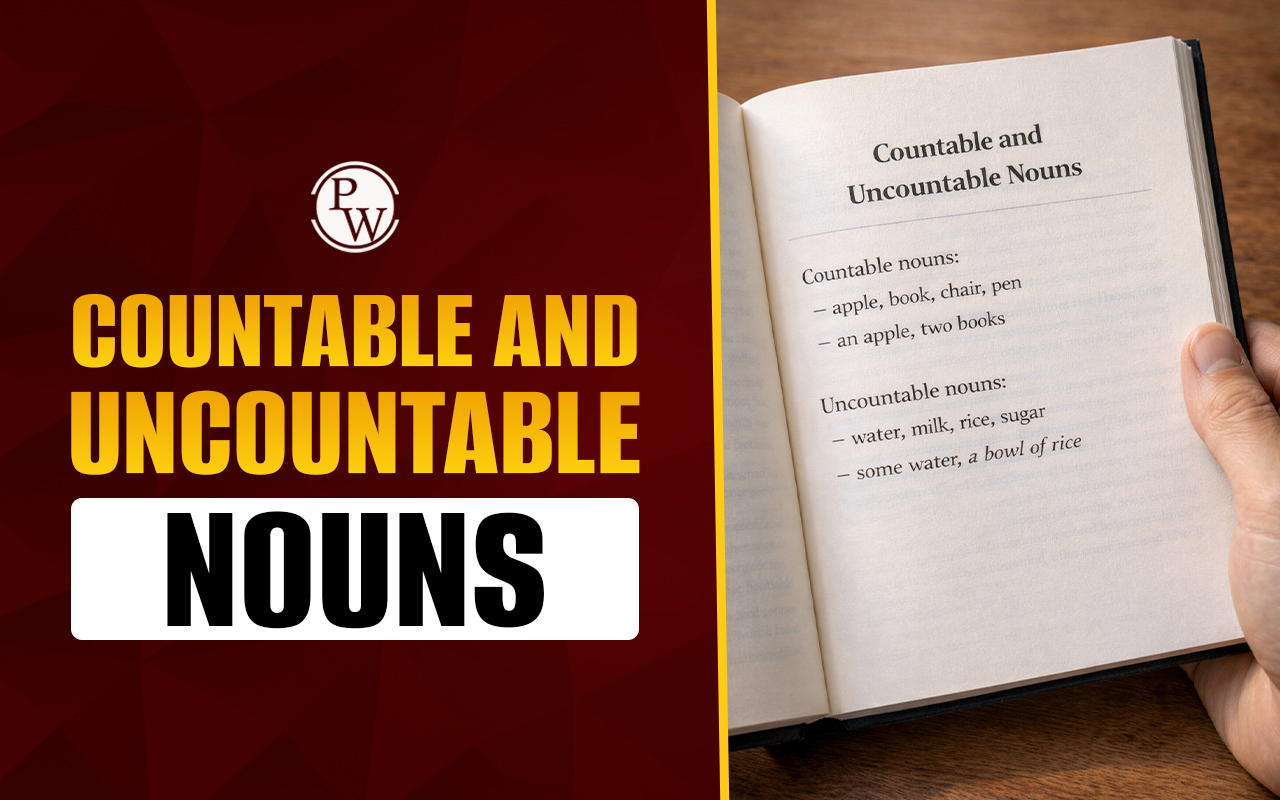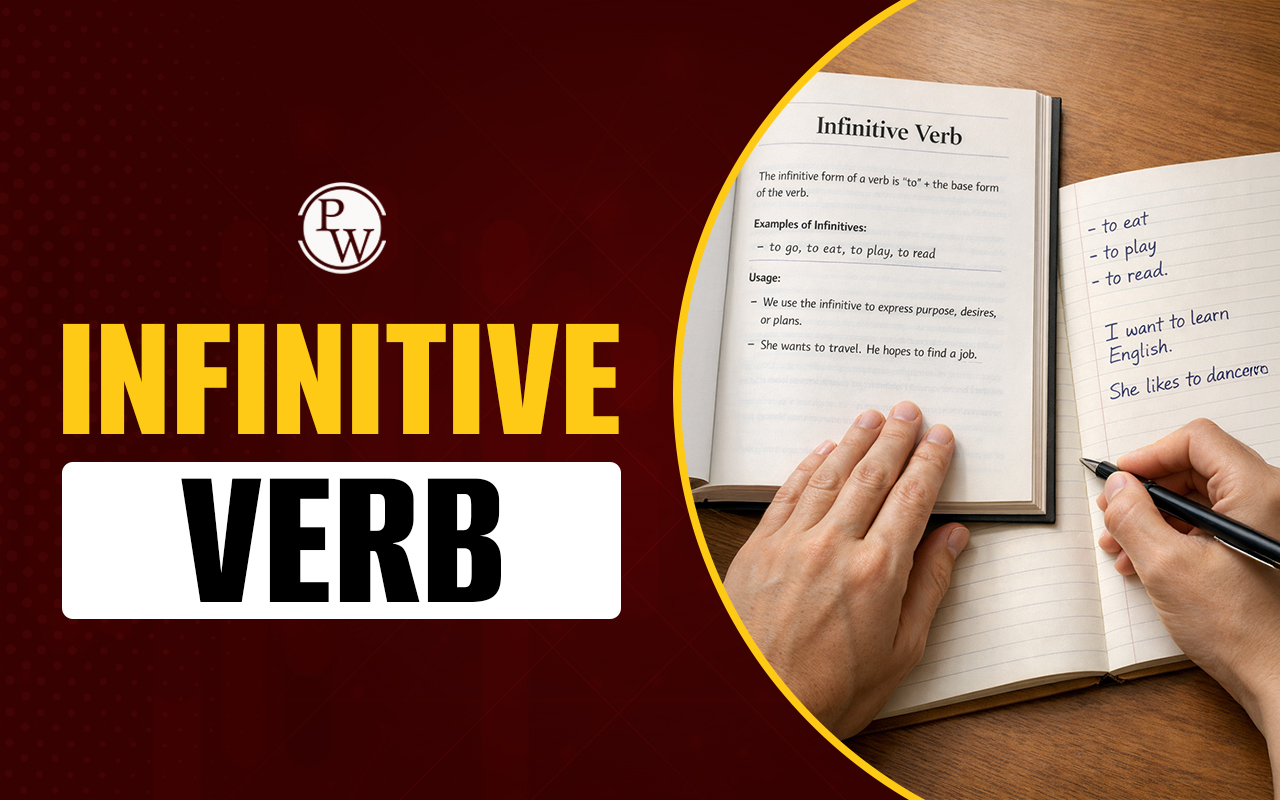
IELTS Video Call Speaking Test: If you're preparing for the IELTS Exam 2025, you now have more flexibility than ever before, thanks to the IELTS Video Call Speaking Test. This option is especially helpful for candidates who cannot attend the in-person speaking test due to physical limitations or travel constraints.
Here, we’ll explain everything about the IELTS Speaking test, including the video call format, test structure, preparation tips, and how to perform your best.
What is the IELTS Video Call Speaking Test?
The IELTS Video Call Speaking Test is a modern, remote alternative to the traditional face-to-face speaking test. Instead of sitting across from an examiner in person, candidates attend the speaking test via a secure video link at an official IELTS test centre.A certified IELTS examiner conducts the test in real-time, following the same format and scoring criteria as the physical test. This format ensures fairness and consistency while providing added convenience and accessibility.
IELTS Speaking Band Score: How Are You Evaluated?
Your performance in the Speaking section is assessed based on four key criteria:
-
Fluency and Coherence
-
Lexical Resource (Vocabulary)
-
Grammatical Range and Accuracy
-
Pronunciation
Each criterion is scored on a band scale from 0 to 9, and your final Speaking band score is the average of these four.
Key Benefits of the IELTS Video Call Speaking Test
-
Equal evaluation: Scoring remains identical to in-person testing.
-
More accessible: Especially useful for people with physical or logistical limitations.
-
Same-day format: The test still takes place at an official centre, maintaining test integrity.
Human interaction: Conducted in real-time by a live examiner, not a chatbot or AI.
Preparation Tips for the IELTS Video Call Speaking Test
The IELTS Video Call Speaking Test is different from face-to-face test and requires a different preparation strategy. Here are a few tips that you can refer to to prepare for the IELTS Video Call Speaking Test.- Find a language exchange partner online or in your community to regularly discuss various topics. Record yourself speaking on different prompts to identify areas for improvement
- The IELTS Speaking test has a specific three-part structure, introduction, individual Long Turn, and discussion. Discuss each part in detail to understand the time limits and question styles. This allows you to strategise your responses and optimize your use of time.
- Upgrade your vocabulary by learning synonyms, descriptive words, and idioms related to various topics. Impress the examiner with your ability to articulate yourself precisely. You can maintain a diary with the relevant words along with their meaning.
- While the examiner gives you preparation time, utilize it effectively for the IELTS Video Call Speaking Test. Craft a clear and concise response in your mind, organising your thoughts and structuring your answer with a strong introduction, supporting details, and a concluding sentence.
- Speak at a clear and steady pace, enunciate your words with precision, and avoid using fillers like "um" and "uh." Projecting confidence through your voice demonstrates fluency and control over the language.
- Maintain eye contact with the examiner to show engagement. Smile appropriately to create a positive and welcoming atmosphere. Use natural gestures to emphasise your points, but avoid being overly animated. This combination of verbal and nonverbal communication creates a dynamic and engaging interaction with the examiner.
Guidance of PW IELTS
Physics Wallah offers multiple online IELTS courses for all students. Follow the IELTS pages to better prepare for the exam.
| What is IELTS Exam? | Documents Required for IELTS Registration |
| IELTS exam eligibility requirements | IELTS Exam Fees |
| IELTS test results | IELTS Exam Pattern |
Tips for IELTS Video Call Speaking Test FAQs
How can I get 8.5 in IELTS speaking?
How can I prepare for IELTS speaking online?
How to face the IELTS speaking test?
What is the IELTS Video Call Speaking Test?
What is 37 out of 40 in the IELTS Speaking Test?
Can I retake the IELTS reading only?
Is a 4.5 IELTS score good?
Can I appear for the IELTS Speaking Test Online?








